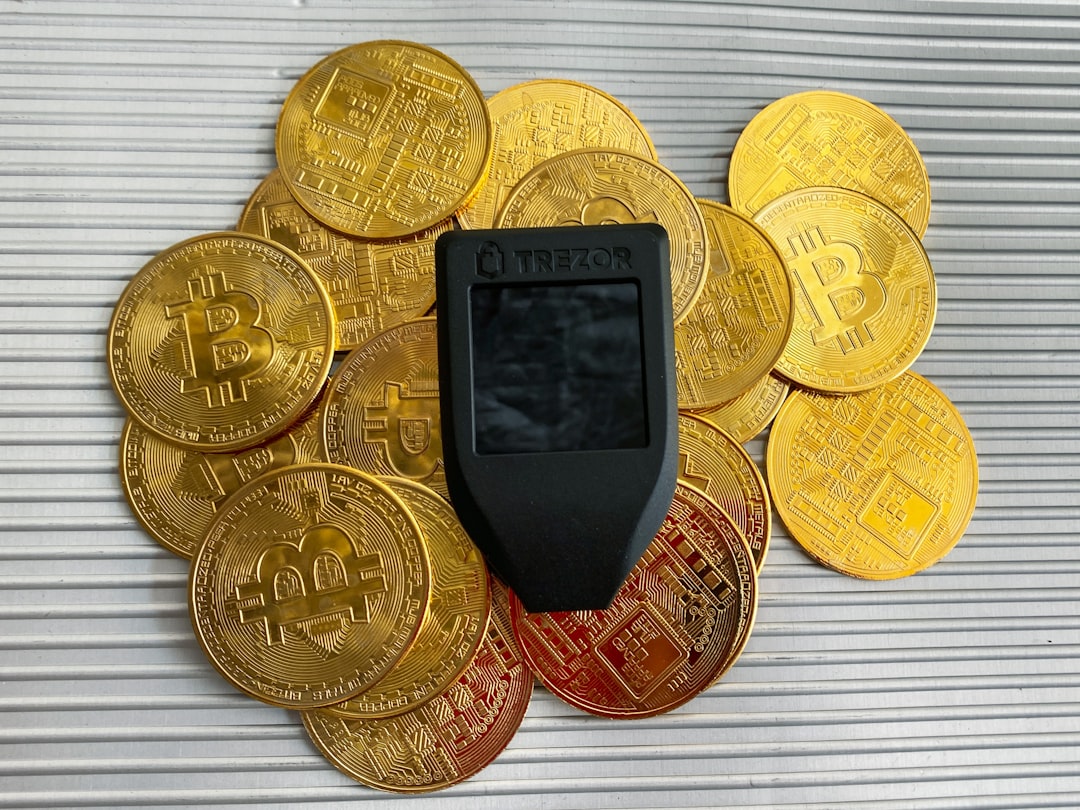In the constantly evolving landscape of digital currencies, one of the most critical tools for every crypto investor or enthusiast is a fast and reliable crypto wallet. Whether you’re dealing in Bitcoin (BTC), Ethereum (ETH), or a variety of altcoins, the speed of your wallet can make a significant difference in transaction times, user experience, and security. Selecting the fastest crypto wallet requires a thorough understanding of wallet types, performance metrics, platform compatibility, and transaction optimization. This guide explores key factors that help users make informed decisions and choose the most efficient wallets for their crypto activities.
Understanding Crypto Wallet Types
Before diving into specific features that affect speed, it’s essential to understand the two main categories of wallets:
- Hot Wallets: These are connected to the internet and include mobile apps, desktop software, and web-based platforms. They offer quick and convenient access, making them ideal for frequent traders. However, they are more susceptible to online threats.
- Cold Wallets: These are offline storage methods such as hardware wallets and paper wallets. While highly secure, they are less optimal for those who need fast transaction speeds due to manual processes.
Factors That Determine the Fastest Crypto Wallet
Speed in the crypto wallet ecosystem is more than just how fast you can send or receive funds. It’s a combination of software performance, blockchain network integration, and ease of use. Here are the main elements to consider:
1. Blockchain Synchronization
Some wallets require a full copy of the blockchain to function, which can lead to slower performance, especially upon first installation. Fast wallets typically use technologies like SPV (Simplified Payment Verification) or lightweight clients that connect directly to trusted nodes.
2. User Interface and Responsiveness
Wallets with poor UX design can lead to delays in transaction handling or confusion, which contributes to user-perceived slowness. Fast wallets offer intuitive dashboards, real-time balance updates, and quick access to transaction features.

3. Support for Layer 2 Solutions
For Ethereum wallets, support for Layer 2 solutions such as Optimism, Arbitrum, or zk-rollups can significantly enhance speed and reduce gas fees. For Bitcoin, wallets that support the Lightning Network allow users to transact within seconds instead of waiting for block confirmations.
4. Multi-Currency and Cross-Chain Functionality
A fast wallet isn’t just measured by transaction performance but also by how efficiently it handles multiple cryptocurrencies.
- Multi-currency support: Reduces the need to switch wallets for different coins.
- Cross-chain compatibility: Enables seamless transfers across different blockchains without using third-party services.
5. Device and OS Optimization
Some wallets are tailor-made for specific devices or operating systems. A wallet that runs quickly on Android might lag on iOS if it’s not well optimized. Similarly, browser-based wallets rely heavily on your browser environment and internet connection for speed.
Top Fast Crypto Wallets to Consider in 2024
Based on the factors above, here are a few fast wallets that have consistently performed well across Bitcoin, Ethereum, and altcoins:
- Trust Wallet: Supports multiple blockchains, has an intuitive UI, and features DApp browsing. Great for mobile users looking for speed and access to Web3.
- Exodus: A desktop and mobile wallet known for its beautiful design and responsive interface. Allows for cross-asset exchanges directly inside the wallet.
- Electrum (for Bitcoin): A lightweight wallet with SPV technology, offering near-instant connectivity and fast startup.
- Metamask: Often used for Ethereum and EVM-compatible networks. When coupled with Layer 2 integrations like Optimism or zkSync, it becomes one of the fastest choices for ETH dApp users.
- Phoenix (for Lightning): Specializes in fast Bitcoin transactions by leveraging the Lightning Network, ideal for micro-payments and everyday usage.

How to Improve Wallet Performance
If you already have a wallet and are experiencing sluggish behavior, consider the following tips:
- Update regularly: Developers often patch bugs and improve performance in new releases.
- Clear cached data: Some app wallets accumulate cache, which can slow down performance over time.
- Enable high-speed sync: Certain wallets allow users to connect with faster nodes manually.
- Switch networks: During congestion on Ethereum mainnet, use Layer 2 networks for faster speeds.
The Importance of Security and Speed Balance
While speed is important, security should not be compromised. Always look for wallets that offer features such as:
- Two-Factor Authentication (2FA)
- Multi-signature approvals
- Open-source code for transparency
Hardware-based wallets might be slower but are often used in conjunction with hot wallets for maximum flexibility and protection.
What to Avoid When Choosing a Wallet
Not all wallets that advertise speed are trustworthy. Avoid the following:
- Closed-source wallets with no audit history
- Apps with poor user reviews or unresolved bug reports
- Incorrect token balances or delayed sync on startup
- High gas fees with no optimization features
Conclusion
Selecting the fastest crypto wallet depends on your personal needs—whether you’re actively trading, participating in DeFi, or just holding assets. The ideal solution is often a combination of a responsive hot wallet for daily activities and a cold wallet for long-term storage. Optimize for speed where it counts—such as transaction batching, Lightning or Layer 2 usage—while maintaining robust security hygiene.
When chosen wisely, the right wallet can enhance not only your performance but also your confidence in navigating the crypto universe.
Frequently Asked Questions (FAQ)
- Which is faster: hot or cold wallets?
- Hot wallets are generally faster as they are always connected to the internet, making them ideal for quick trades and payments. Cold wallets prioritize security and are slower due to their offline nature.
- Is Metamask fast enough for Ethereum DeFi applications?
- Yes, when paired with Layer 2 networks like Arbitrum or Optimism, Metamask enables high-speed transactions with reduced gas costs.
- Can hardware wallets be used for fast transactions?
- While hardware wallets are not as fast as hot wallets, they can still be used efficiently when connected to compatible software wallets for transaction approval.
- How can I speed up my Bitcoin transactions?
- Use wallets that support the Lightning Network or enable Replace-by-Fee (RBF) to speed up delays during high congestion periods.
- Do all wallets support all cryptocurrencies?
- No, each wallet supports a specific set of blockchains. Ensure your chosen wallet supports the coins and tokens you frequently use.
